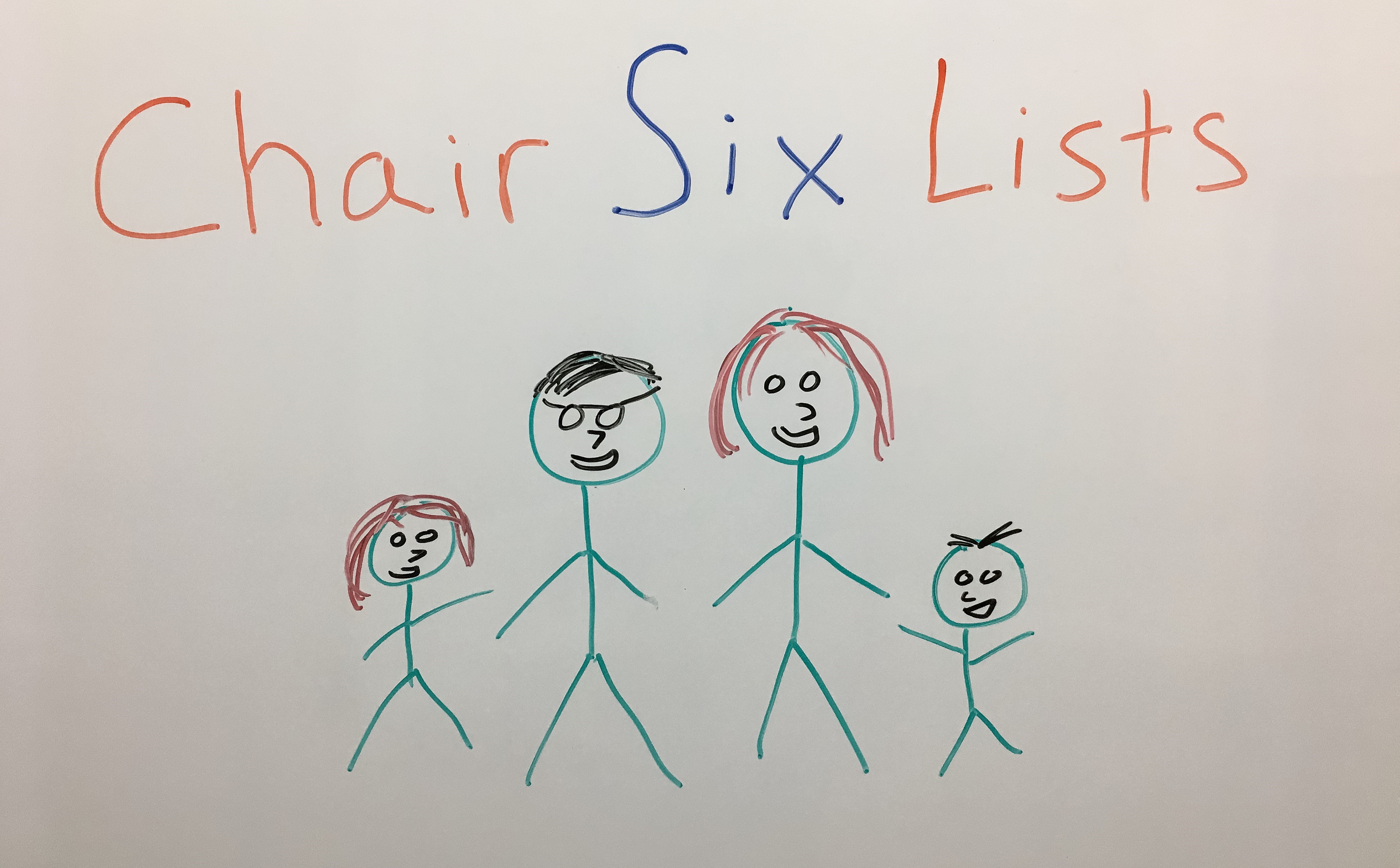
18 Aug CHAIR SIX LISTS: 6 Estate Planning Mistakes to Avoid
Death is a certainty in life, yet many people fail to plan for it. It’s either too morbid, or they think they aren’t rich enough. Yet, nearly every adult can benefit from estate planning – the fundamental goal of which is to provide for your own needs, then take care of those you love. The following is a list of six common mistakes people make when considering their estate.
1). Not Having an Estate Plan
Many Americans die without a valid Last Will and Testament, leading to unnecessary heartache and expense. Martin Luther King Jr. was assassinated in 1968 and died without a will. His widow, Coretta Scott King, had to post a $20,000 bond for her husband’s estate – a cost that could have been avoided if Dr. King had a will which expressly stated that the executor need not post a bond. After Coretta’s death in 2006, the King children have continued to clash over control of Dr. King’s legacy and assets.
Intestacy (dying without a will) means your state statute will control the disposition of assets, which oftentimes may not be in line with your wishes. It can also create complications based on the order of death. In many states, if a married couple with no descendants and no will are injured in an accident – and one spouse survives the other by only a few seconds – the surviving spouse’s relatives could inherit all of the couple’s joint estate while the other spouse’s family receives nothing. A simple clause in a will could address this issue.
If a trust is not established by a will, a minor child may be entitled to receive an inheritance at age 18 – well before he or she is mature or responsible enough to handle the inheritance. This could lead to a rapid depletion of the inheritance.
2). Failing to Name Appropriate Fiduciaries
The single most important decision a person can make during the estate planning process is to select appropriate fiduciaries to handle his or her affairs after death. It’s not uncommon for people to name someone as trustee or guardian to their children out of obligation or as to not upset anyone, but acting as a fiduciary is a very important role with oftentimes complex responsibilities which can be time consuming. Not everyone is suited for the role of personal representative, trustee, or guardian. Look for people who are honest, well-organized, and who are willing to take on the responsibility.
3). Failing to Plan for Incapacity
Every adult should plan for his or her own incapacity. Someone needs to be able to make decisions when you no longer can. Who will take over the finances? Who will make health care decisions? Who will respect and honor wishes? These questions are worth contemplating and addressing before it’s too late – a court appointed guardian may be an expensive and unpleasant remedy.
The estate plan should include a durable power of attorney that authorizes a trusted fiduciary to act as your agent in financial and legal matters. A heath care power of attorney should also be included to appoint a person as your agent to make medical decisions. This document, or a separate one, can also express preferences about end-of life care.
4). Not Reviewing Beneficiary Designations
Life insurance policies and retirement accounts generally do not pass under a will or trust but are governed by beneficiary designations. It’s important to review and update those designations regularly. For instance, not changing a beneficiary designation after a divorce could result in an ex-spouse inheriting assets that were intended for a new spouse and/or child. Naming the wrong beneficiary (such as having no beneficiary and having the assets pass to the estate) can eliminate tax planning strategies such as the “stretch IRA.” Being aware and proactive regarding beneficiary designations can reduce unintended consequences.
5). Not Creating a List of All Assets and Liabilities
At death, your heirs and advisors will collect your assets. Bank records, deeds, tax returns, life insurance policies, and other important documents are needed for the settlement of the estate. A complete list of all assets and liabilities, and their approximate valuations, should be kept up to date and in a safe place. This will aid in the estate plan and help reduce stress and frustration for heirs.
6). Not Reviewing and Updating Your Estate Plan
Don’t set it and forget it. An estate plan is never complete until after death and your affairs have been settled (which could take years). Life happens, and circumstances change. Laws that were in effect when the plan was drafted may no longer apply. Estate plans should be reviewed an updated regularly, but especially when there is a divorce or new marriage or children and grandchildren are born. It may be that earlier arrangements need to be completely revised.
Conclusion
An estate plan can help reduce stress and strengthen confidence that wishes will be carried out. Working with a CPA financial planner and an estate planning attorney can help minimize errors in estate planning. You can find qualified professionals through local estate planning councils, such as the Spokane Estate Planning Council.
Originally posted 8/18/2017



No Comments